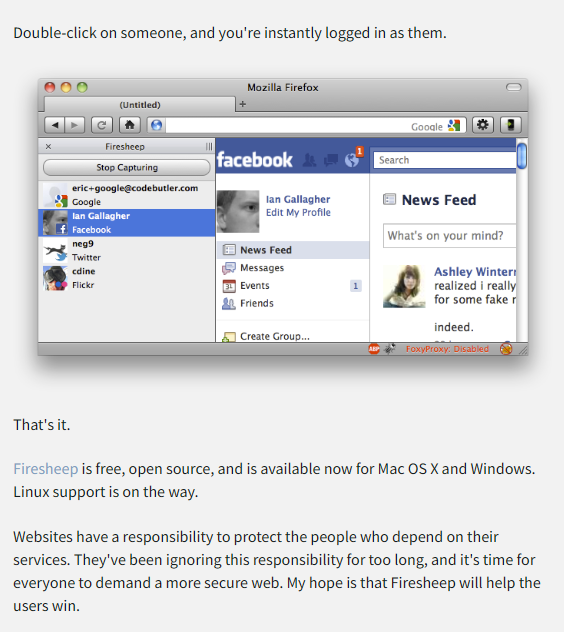I can see both sides of the argument here, though one of the arguments in the article really gets my brain going.
“If HTTPS is such a great idea… Why force people to do it?”
If HTTPs is absolutely necessary, then I would have expected more grassroots efforts to make people switch over, but I’ve only ever seen Google do it, and Google aren’t exactly known for having the regular joe’s safety and best interests in mind.
I remember when I used Chrome they had a feature turned on automatically that bypassed any VPN and let a site know your real location. This was on by default and you had to turn it off in advanced settings.
There is also their captcha service training AI, which is a very dangerous thing imo given the bad actors out there already using AI to scam people and manipulate them.
So it seems a tad suspicious that Google is very eagar to force people to switch over. How does this benefit them? They don’t necessarily care for safety or privacy (except maybe their own), so perhaps there is another motive. What motive that is I don’t know.
I also agree with the argument that forcing HTTPS raises the bar a lot, and I can see this leading to the point only companies can host sites Google’s browser accepts. The web has become very centralised and commercialised in the last decade or two, and I’m sure companies like Google love that.
I’m also big on supporting old hardware. I like to browse the net with my Windows 98 PC and any old consoles I have, and as a homebrew developer, it only feels right to make websites that can be access by these same machines.
So I’m softly leaning on being against this change, but I’m open to having my mind changed.
EDIT: I just remembered Blu-Rays are a thing. It may not seem relevant, but I feel Blu-Rays are the HTTPS to physical movies. Anyone was (and still is) able to make VHS tapes or DVDs of whatever they want, and self-publish, but Blu-Rays added encryption and it really raised the barrier to entry where now only big companies can publish Blu-Rays of things, and they’re starting to phase those out…
